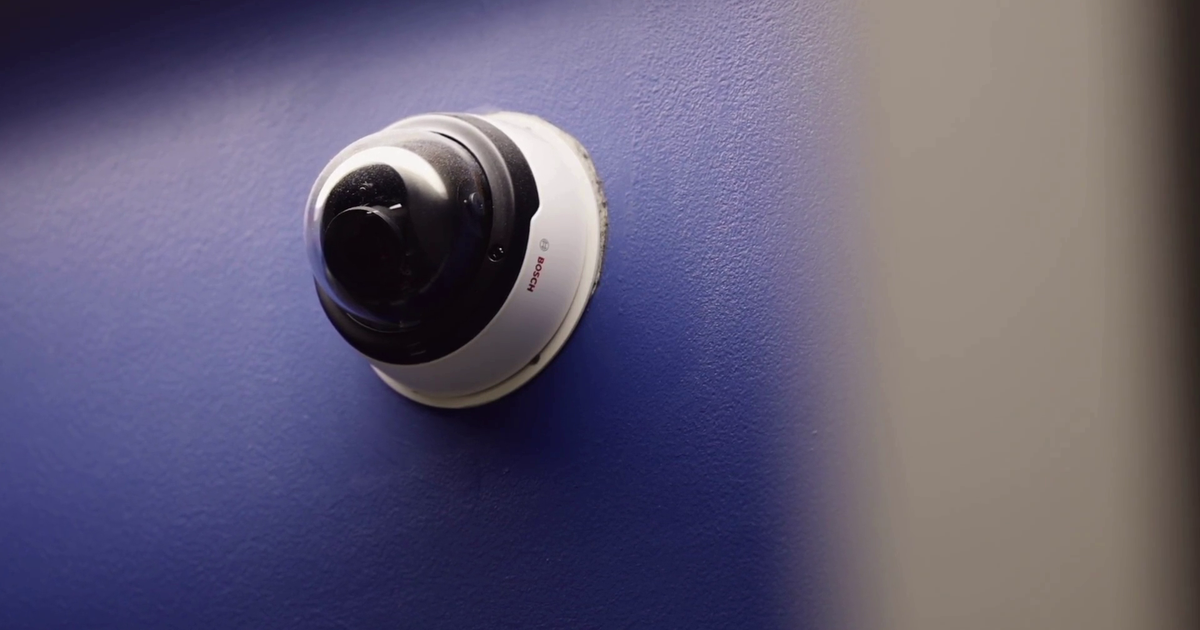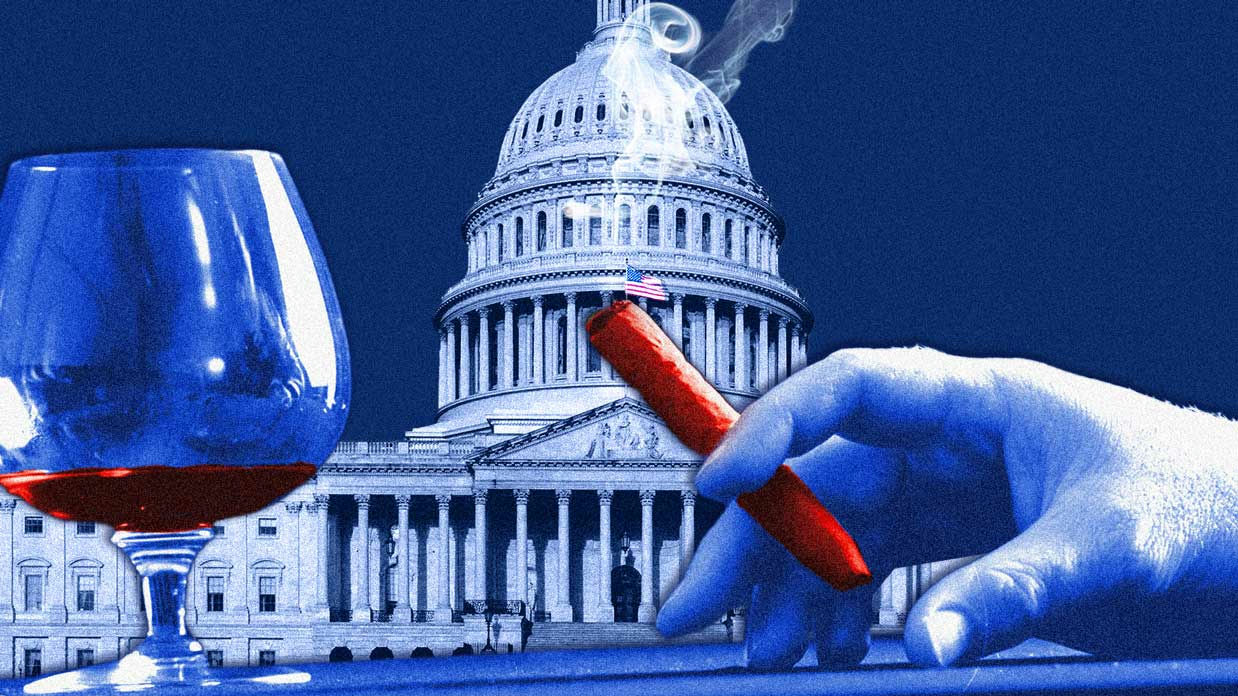House passes defense legislation with veto-proof margin as Trump threatens veto
The House passed the National Defense Authorization Act with a veto-proof margin on Tuesday, dealing a blow to President Trump's threat to veto the legislation. The House passed the annual defense package, which lays out the annual budget and expenditures for the Pentagon, with a 335-78 vote, with one member abstaining — easily over the two-thirds majority that would be necessary to override a presidential veto. The bill now heads to the Senate.
A veto-proof majority in the House means a piece of legislation received at least two-thirds of the vote, signifying that the chamber would have the support to override a veto if Mr. Trump decided to issue one. If the president strikes down legislation that reaches his desk, it heads back to the House and Senate and must receive two-thirds support in each chamber to become law. Given that high bar, vetoes are not often overridden.
The Office of Management and Budget formally recommended the president veto the legislation if it reaches his desk, and President Trump has already vowed to veto the legislation if does not include a provision scrapping a law that protects social media companies from liability, known as Section 230. The defense legislation does not currently have such a provision.
"I hope House Republicans will vote against the very weak National Defense Authorization Act (NDAA), which I will VETO. Must include a termination of Section 230 (for National Security purposes), preserve our National Monuments, & allow for 5G & troop reductions in foreign lands!" Mr. Trump wrote on Twitter earlier Tuesday.
Even some Republicans have said that they would return to Congress later in December if Mr. Trump vetoes the bill in order to override the veto.
"We ought to pass the NDAA and the president should not veto it. And we should override it," Republican Congresswoman Liz Cheney told reporters on Monday. Congressman Mac Thornberry, the ranking member of the House Armed Services Committee, told reporters Monday that Congress should return to override any veto.
"We would be rightly and fairly criticized when we can't come back to deal with military pay," Thornberry said.





